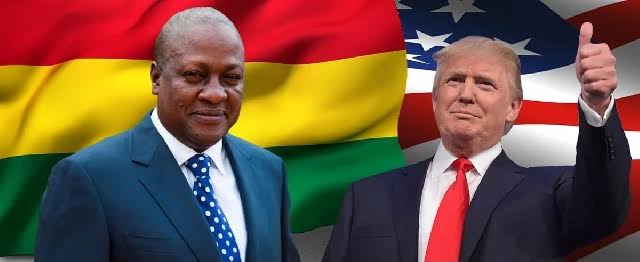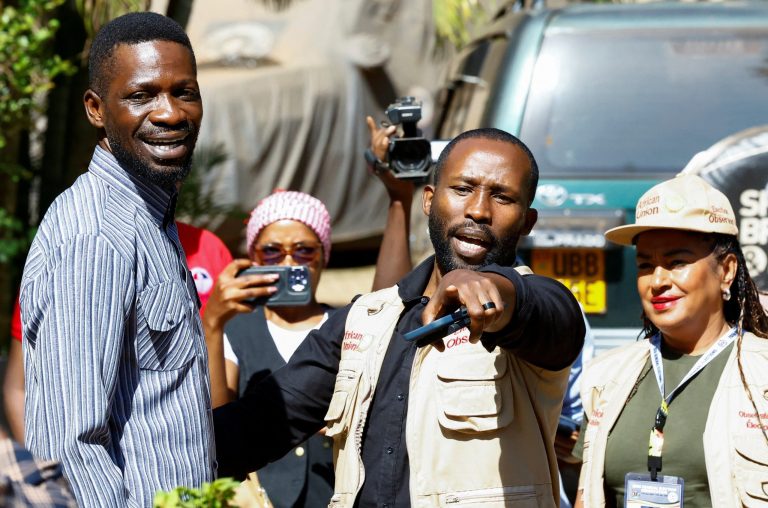
Ghana has agreed to take in an additional 40 West Africans deported from the United States in the coming days, Foreign Minister Samuel Okudzeto Ablakwa confirmed, following last week’s announcement of a new deportation deal between Accra and Washington.
The move comes after 14 deportees were flown to Ghana earlier this month, sparking questions over their whereabouts and sharp criticism from opposition politicians.
“On humanitarian grounds, on pan-African solidarity, let us accept our fellow West Africans. And let’s make the point that Ghana is your home,” Ablakwa told Channel 1 TV on Wednesday night.
According to the minister, deportees are vetted before arrival and will either remain in Ghana temporarily under ECOWAS visa-free travel rules or return to their countries of origin.
Mounting Controversy
The arrangement has stirred unease at home and abroad. Ghana’s government maintains that many of the deportees have already continued on to their homelands. But US-based lawyers insist some are still being held in military detention in Ghana under harsh conditions.
In a joint statement, attorneys representing Nigerian and Gambian deportees said five of their clients had previously been granted protection from deportation by US immigration authorities. Sending them back, warned Lee Gelernt of the ACLU, risks exposing them to “torture, persecution, or death.”
Trump’s Deportation Strategy
The deal with Ghana forms part of President Donald Trump’s sweeping immigration crackdown, which has included deporting people not only to their home countries but to third states. Hundreds have been removed to El Salvador—many held in a notorious prison—while others have been flown to Panama.
In some cases, deportations went ahead despite US court orders instructing flights to turn back, with the administration invoking an 18th-century statute to justify removals, particularly of those it accused of being linked to Venezuelan gangs.
Strained Ties
The deportation pact comes at a time of increasing friction between Washington and Accra, with the US recently hiking tariffs on Ghanaian exports and tightening visa restrictions for its citizens.



